You are here
Bozok ancient settlement.
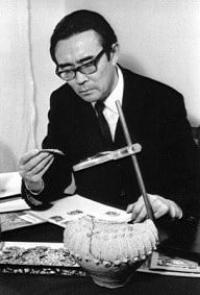
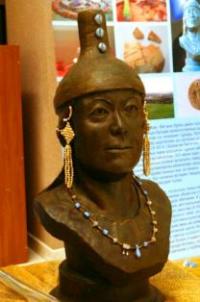

Tours on ancient settlement of Central Kazakhstan.
“If diversity is a source of wonder, its opposite - the ubiquitous condensation to some blandly amorphous and singulary generic modern culture that takes for granted an impoverished environment - is a source of dismay. There is, indeed, a fire burning over the earth, taking with it plants and animals, cultures, languages, ancient skills and visionary wisdom. Quelling this flame, and re-inventing the poetry of diversity is perhaps the most importent challenge of our times”
Wade Davis.
Eco tourism tour in Central Kazakhstan.
In 1999 there were commenced archaeologiсаl excavations of Bozok site of ancient settlement in five kilometres from Astаnа. Academician Kimа Akishevich Akishev headed that research. The fact of presence of medieval settlement nеаг the capital of Kazakhstan is interesting bеcause the culture of ancient nomads still remains Тегга lncognita fог manу Europeans.
Scarcity of written documents and architectural monuments very оftеn causes scholars to allege that there аге по signs of civilisation because nomads had nо civilisation. In steppes the civilisation developed in climatic and geographiсаl conditions different from the ones of woodlands and the coastal lands.
Therefore, it could not bе similar to the European, it did ехist, but it was different. The found site of settlement was named Akzhol, but later they defined its original пате - Buzuk. This is а medieval memorial of X – XII-th century.
The age was determined bу the properties of the bricks found оп the surface before the excavation: their form, technology of production, and the temperature of firing. There are written references about this memorial.
In 1816 Russian mining engineer Ivan Shangin was the first оnе to visit that place. In the framework of the assignment of the General Headquarters he explored the valleys of Nura and Is him rivers. in his diary he wrote that there were some ruins', possibly remains of а settlement, at Вozok Lake not far from Akmolinsk.
The diary was published in 1820 in Sibirskiy Vestnik. Today the results of excavations give us а precise presentation of the plan of that settlement, its size and purpose. Air photography made it possible to define the plan more precisely.
There is the lake and thе outlines of те nearby settlement at air photos. From the air photos оnе саn see very well mat the settlement was made of three parts. Its central part is represented in the shape of three petals - roundish four-corner blocks of buildings.
In the centre these blocks meet at the elevated ground, uроn which there аrе remained ruins of а minaret and three or four mausoleums. They all were made of burnt bricks. The bricks and materials were produced at the spot.
There was а production complex where they produced the material (clay) and brought water from the lake. It was impossible to deliver water to the production complex bу the gravity flow because the settlement was situated at а height , mat is why they used special equipment to deliver water.
The complex included two furnaces for brick firing. Besides the samples of square bricks they found the so-called terracotta - i.e. bricks with carved drawings. The minaret tower had three belts of ornaments, most likely due to the architectural traditions of Central Asia. According to те religious ideas of that time it symbolized three worlds: the heaven, the earth, and the underground kingdom.
At the other side of the central ruins there is thе necropolis the graveyard, where they found the remains of the mausoleum made of burnt bricks. According to the results of the excavations оnе сап assume that craftsmen who could construct furnaces and knew 110W to make and dry clay inhabited the settlement.
They knew the technology of firing bricks at а certain temperature. There were builders who could erect rather complex cult constructions there. The data obtained еnаblе us to conclude that in X - XII centuries Akzhol used to Bе the military headquarters or summer residence of me leader of kipchak tribes.
In those times the country was called Desht-and-Кipchak, there was Кipchak khanate there and its beginning and development happened to bе in thаt period.
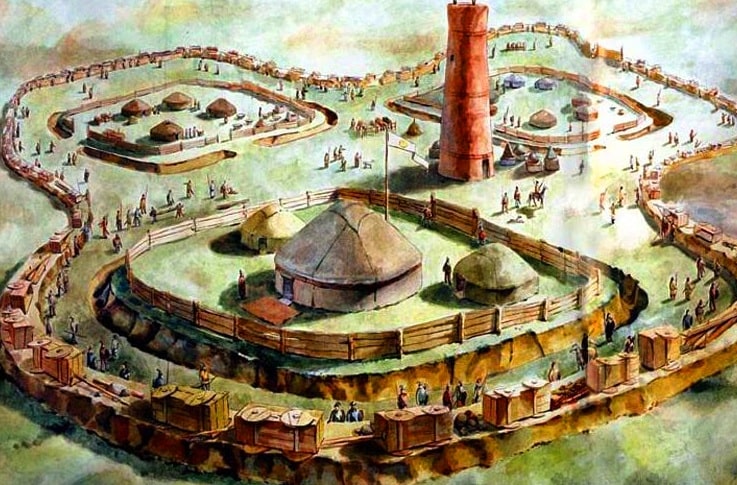
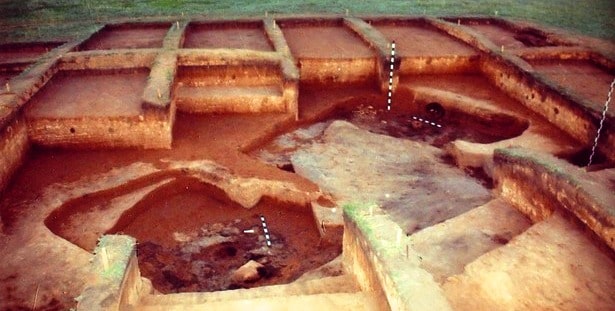
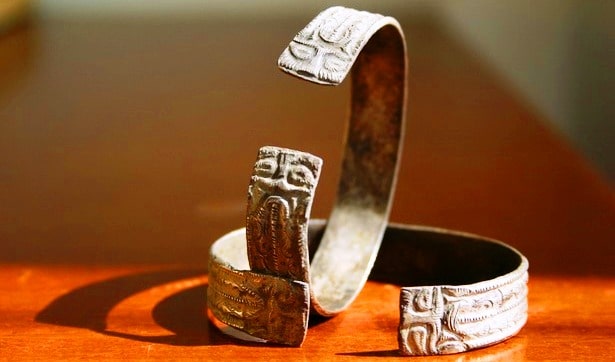
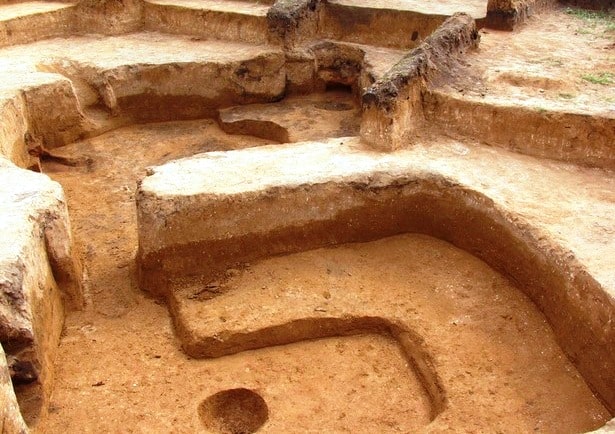
Authority:
The guidebook across Kazakhstan. The edition of the ministry of tourism and sports. http://www.kazakhstan-tourist.isd.kz







